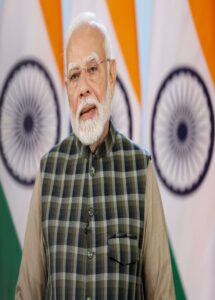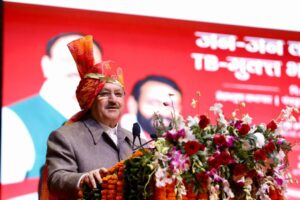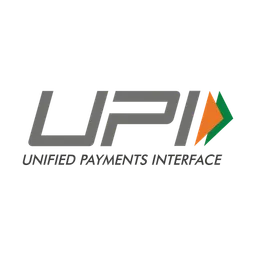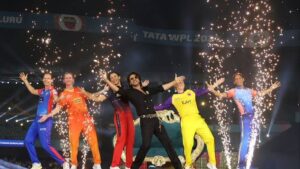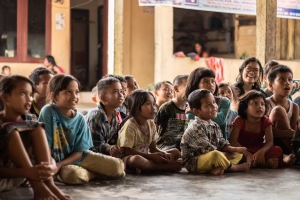First Phase of Jharkhand Assembly Elections: A Diverse Field of 683 Candidates
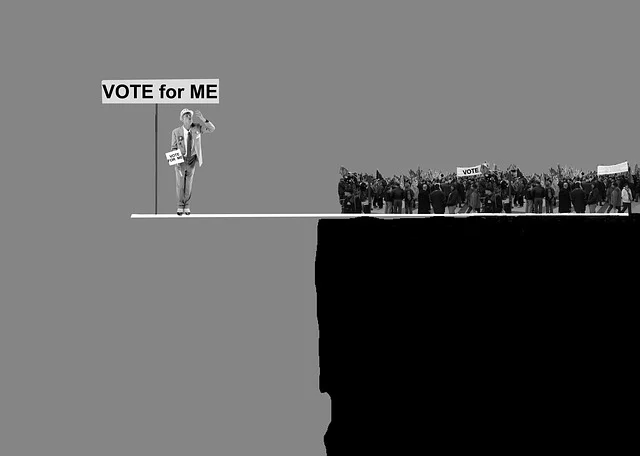
The first phase of the Jharkhand Legislative Assembly elections, held on November 13, 2024, saw an impressive array of 683 candidates vying for votes across 43 constituencies in the state. These elections were crucial for determining the political landscape of Jharkhand, and the candidates represented a wide range of political parties, independent hopefuls, and a growing diversity in terms of gender representation.
Breakdown of Candidates
Out of the 683 candidates, the majority were men, totaling 609 individuals. However, the 2019 elections also reflected an encouraging trend towards inclusivity with 73 women candidates and 1 third-gender candidate. This was a significant step towards greater representation in a state where political participation has historically been dominated by men.
- Men Candidates: A total of 609 men were in the fray, representing various parties . The sheer number of male candidates reflected the still-predominant role of men in the state’s political dynamics, but also highlighted the competitive nature of the race, with candidates vying for key constituencies across Jharkhand.
- Women Candidates: The 73 women candidates in this phase were a notable improvement over past elections. Their participation was a positive sign for gender equality in Jharkhand’s political arena. Women candidates hailed from various political backgrounds, with several from the BJP, JMM-Congress alliance, and independent factions. They contested in constituencies ranging from urban centers like Ranchi to rural, tribal-dominated areas where women are typically underrepresented in electoral processes.
- Third-Gender Candidate: One candidate from the third gender community also participated, marking a historic step toward inclusion for marginalized communities in Jharkhand’s politics. This move was in line with broader efforts to recognize the rights of the LGBTQ+ community and their right to political representation. Though third-gender candidates remain a rarity in Indian politics, this gesture was significant in advancing social inclusivity.

